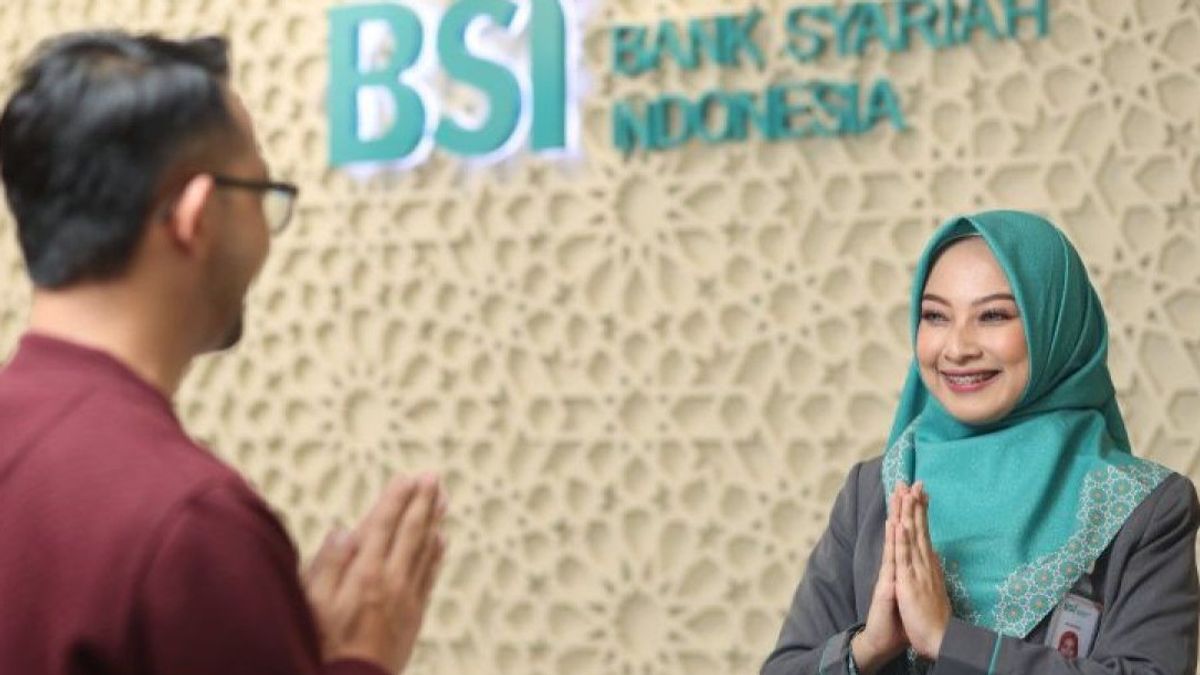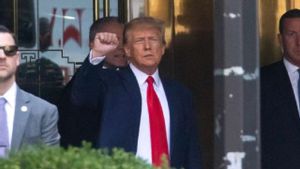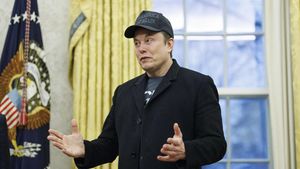JAKARTA - Professor of the Faculty of Economics and Business (FEB) Muhammadiyah University Malang (UMM), Prof. Dr. Idah Zuhnoh stated that Islamic banking has an important role in encouraging sustainable development (SDGs).
"Sharia banking can be a key player in mobilizing funds for projects that support SDGs," said Prof. Idah in her inauguration scientific speech at the UMM campus in Malang, East Java, quoted from Antara, Saturday, May 18.
In addition, he said, the challenge of sustainable development cannot be overcome only through a one-dimensional approach, thus requiring strong and inter-sectoral-based regulations.
This, said Idah, shows that the financial sector, especially Islamic banking, has an important role in making a real contribution to global development goals and SDGs.
In his inaugural scientific speech book, Idah also discussed the concept of multilayer sharia financing. This concept is inspired by the anatomy of the building consisting of foundations, pedestals and pillars.
The foundations consist of a mature regulatory framework, strong commitment, and adequate financial infrastructure.
The three foundation elements support the five main pillars. These include product diversification and financing, human resource capacity development, risk management and sharia compliance, capital adequacy, and sharia financial literacy and adoption.
Strengthening intersectoral policies implemented through open innovation-based collaboration is also important. " Cross-sectoral cooperation and open innovation are the main keys to success in increasing the role of Islamic banking intermediation, which in turn helps improve the achievement of SDGs," he said.
Meanwhile, Prof. Dr. Widayat raised issues regarding green economy, green marketing, green consumer behavior, and responsive production and consumption, which is one of the pillars of sustainable development (SDGs), leaving interesting homework.
"Creating a balanced and sustainable lifestyle is very important. In addition, people's welfare and happiness are not only determined by the low level of income and economic size. Social and environmental conditions also determine welfare and happiness," he said.
Improving welfare, he said, can be achieved not only by increasing income, but also needs to be balanced with improving environmental quality, where they work and live.
SEE ALSO:
In fact, social problems, such as unhealthy living culture, the issue of chaotic transformation, and bad physical environmental conditions contribute strongly to welfare, including air pollution, environmental pollution, waste problems, and others.
According to Widayat, to create good social environmental conditions, forming a habit of amar ma'ruf and anti-mungkar that is relatively permanent, can be done with integrated da'wah.
"While social marketing is an approach that adopts conventional marketing principles, which are more relevant to social and environmental problems, this is when compared to traditional approaches that are often applied such as the imposition of fines, penalties or just social campaigns," he said.
The English, Chinese, Japanese, Arabic, and French versions are automatically generated by the AI. So there may still be inaccuracies in translating, please always see Indonesian as our main language. (system supported by DigitalSiber.id)











